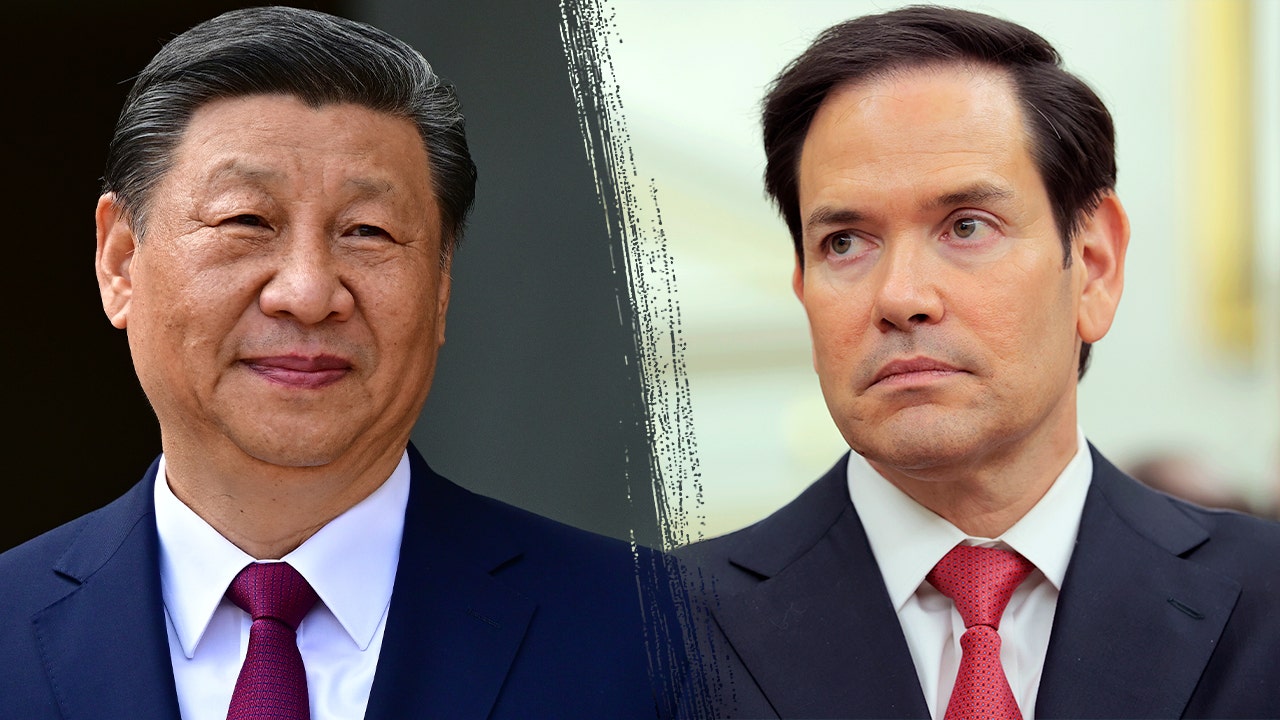Rubio announces crackdown on Chinese student visas

Secretary of State Marco Rubio made a significant announcement on Wednesday regarding the United States’ stance on Chinese students studying in critical fields. Rubio stated that the U.S. will take aggressive action to revoke visas of Chinese students, particularly those with connections to the Chinese Communist Party.
In a statement released by Rubio, he emphasized President Donald Trump’s leadership in this decision. The U.S. State Department will collaborate with the Department of Homeland Security to implement the revocation of visas for Chinese students associated with the Chinese Communist Party or studying in critical fields. Additionally, the State Department will be revising visa criteria to increase scrutiny on all future visa applications from the People’s Republic of China and Hong Kong.
This move comes in light of the Stop Chinese Communist Prying by Vindicating Intellectual Safeguards in Academia Act, also known as the Stop CCP VISAs Act, introduced by House Republicans in March. Senator Ashley Moody of Florida has also expressed concerns about the granting of visas to Chinese nationals, especially considering their potential ties to intelligence gathering for the CCP.
Moody highlighted the issue by questioning the continued offering of 300,000 student visas to Chinese nationals annually. She emphasized the need to pass the STOP CCP Visas Act to protect national security. The recent report on CCP espionage on campus, as mentioned by Moody, further underscores the urgency of addressing this issue.
As the U.S. takes a more stringent approach towards Chinese students, it reflects a broader concern about national security and intellectual property protection. The collaboration between the State Department and Homeland Security signifies a unified effort to safeguard critical fields from potential threats posed by individuals with ties to the Chinese Communist Party.
The decision to revoke visas and enhance scrutiny on future visa applications underscores the government’s commitment to addressing security risks associated with foreign students in critical fields. This proactive measure aims to mitigate potential threats and protect U.S. interests in academia and beyond.
It is essential to prioritize national security and intellectual property protection, especially in a rapidly evolving geopolitical landscape. The U.S. government’s actions signal a dedication to safeguarding critical sectors from potential risks and ensuring a secure environment for innovation and research.
As the U.S. implements these measures, it sets a precedent for other countries to prioritize national security concerns in their visa approval processes. By taking a proactive stance against potential threats, the U.S. aims to uphold its values of security, transparency, and protection of intellectual property.




